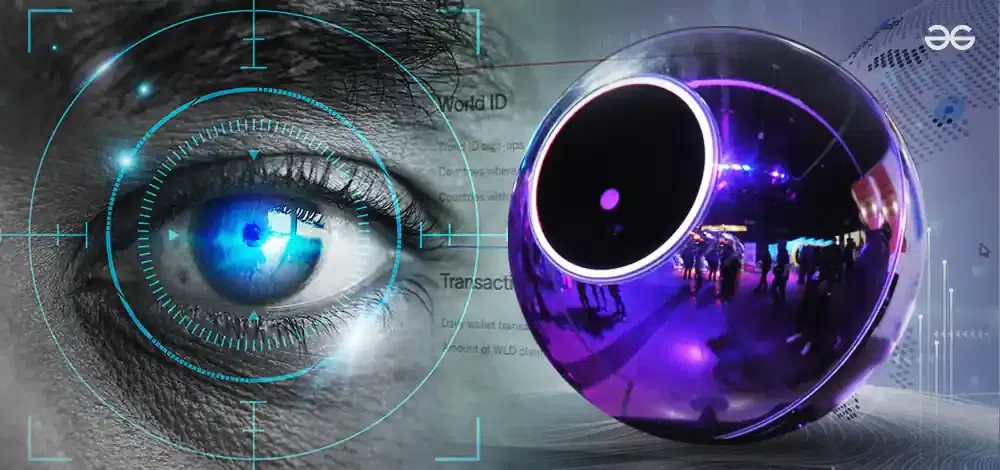Sam Altman, CEO of OpenAI, is working on more than just advancing artificial intelligence—he’s also preparing for the fallout. Through Worldcoin, a project that uses biometric data to create unique digital IDs, Altman hopes to help humanity navigate a future where artificial general intelligence (AGI) reshapes society. But with iris-scanning “orbs” and digital IDs tied to cryptocurrency, the project sounds like a blend of utopia and dystopia.
- The AGI Vision: Altman envisions AGI freeing people from the drudgery of work, but acknowledges the potential societal disruption—particularly in distinguishing humans from AI bots online.
- Worldcoin’s Solution: Worldcoin aims to solve the problem of “humanness” by scanning people’s irises to create a unique, encrypted digital identity called World ID. This ID would allow people to prove they are human in an AI-driven future.
- Biometric Privacy Concerns: Worldcoin uses “orbs” to scan irises and generate anonymized codes, which the company says are deleted after scanning. However, the process has raised concerns about privacy and the broader implications of biometric data collection.
- Future of Cryptocurrency: Worldcoin’s digital IDs could form the backbone of a universal basic income system funded by its own cryptocurrency. This audacious plan has already attracted backing from high-profile investors like Andreessen Horowitz.
- Challenges and Risks: While Worldcoin has been welcomed in some countries, regulatory scrutiny, especially in the US, remains a challenge. Blania, Worldcoin’s CEO, emphasized the need to work closely with governments to ensure regulatory compliance.
As AI evolves and begins to shape the future, Worldcoin’s ambitious plan to verify humanity and potentially reshape the global financial system raises both hope and concern. While the promise of a future powered by AGI sounds enticing, the privacy and ethical concerns surrounding biometric data collection will remain a focal point of debat










